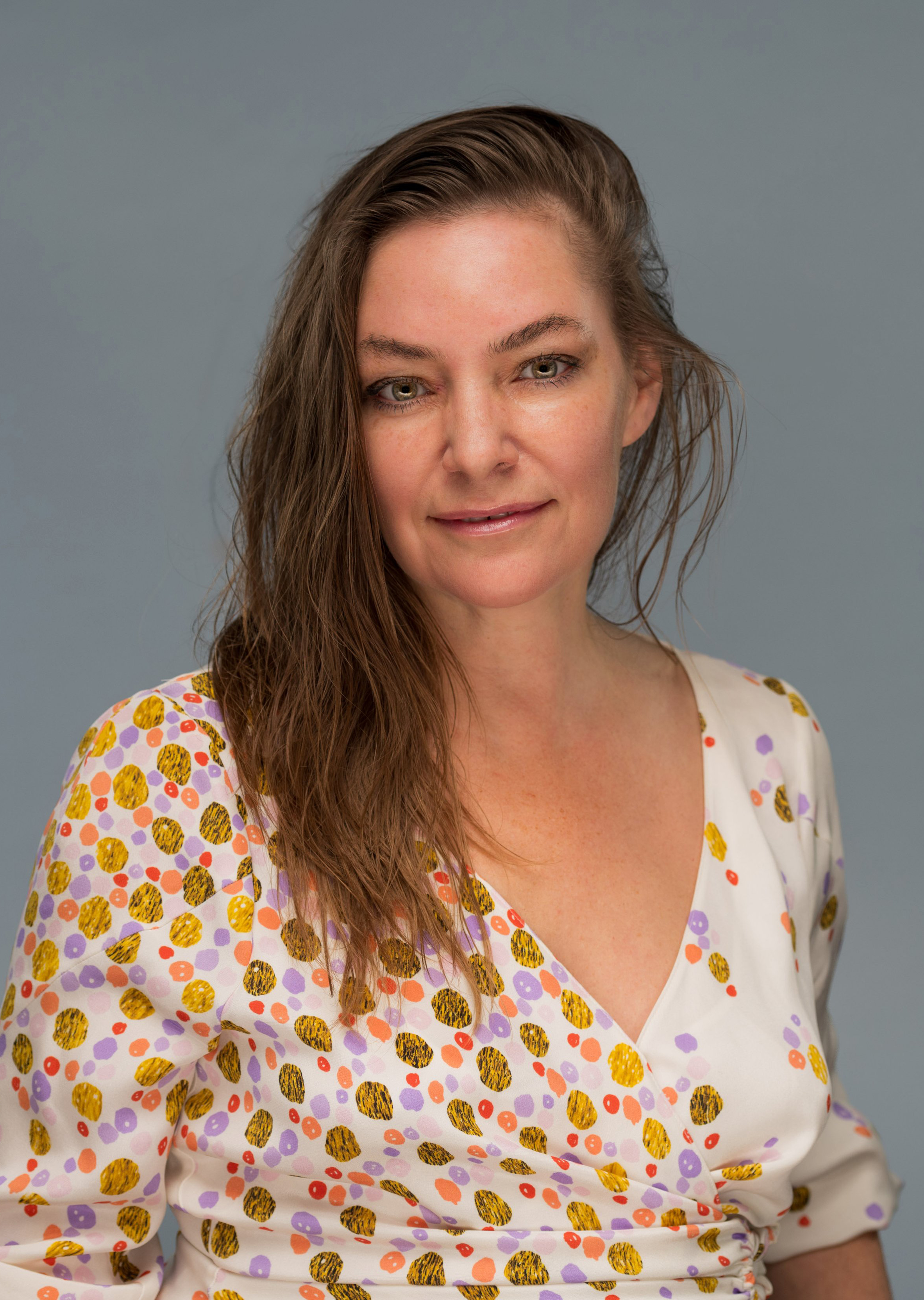Councillor Profile: Leslie Agger
Over four years ago, Leslie Agger answered a CPSM ad in the newspaper seeking public members to put their names forward to act as public representatives on Council. She has since completed a four-year term on Council and has been re-appointed for another term.
We asked her a few questions about her experience on Council from the perspective of a public member.

Can you tell us about yourself and what inspired you to join Council?
Leslie: I am First Nations and have always been interested in how Indigenous Peoples construct health and what that means.
Historically, what Indigenous People perceive as healthy is so much more than the prevention of disease or addressing disease. The environment and the perception of a healthy environment are some of the foremost values in how Indigenous People construct their health today.
I have worked in the Indigenous environmental field all my career and I view my role as an intermediator between grassroots and experiences.
For example, one of the priorities CPSM has taken on is Reconciliation. For people on the ground, Reconciliation has everything to do with health - the health of their food, water, and society.
All those things are linked and being on Council allows me to be part of it.
What unique perspectives do you bring to Council?
Leslie: I have a broad view of health and that broad view can help inform policies.
I feel strongly that CPSM cares, and being on Council has let me see that. I have seen a transition in how quickly the organization has evolved to include the vulnerable people of our society in its focus. That is how I view my role from an Indigenous perspective.
By letting members of the public like me into that arena and allowing the status quo to be challenged, Council is making medical care better. It can be intimidating for me to speak up, but as a member of the public, I must speak up.
I, too, am evolving. This is a humbling experience for me, but it also shows the direction the organization is taking.
Can you tell us about your work on any CPSM committees or working groups and what you gained from your involvement?
Leslie: I was on the working group that developed the Standard of Practice for Sexual Boundaries and the Standard for Virtual Medicine. The latter was interesting because we began that work during COVID-19 when virtual medicine was at its height.
Currently, I really enjoy the Program Review Committee and Truth and Reconciliation Advisory Circle.
I find the Program Review Committee profoundly interesting. It provides an inside view of diagnostics in the province. (The Program Review Committee oversees any facility in which a CPSM registrant performs diagnostic or treatment services in Manitoba, such as non-hospital medical or surgical facilities, including laboratory medicine and diagnostic imaging facilities.)
A big part of medicine has to do with diagnostics and the quality of those diagnostics. Those who do that work blow my mind; they are so knowledgeable and skilled. I wish the public knew more about the work they do and the kinds of standards they uphold and develop because it would give them a much better sense of security about how that aspect of healthcare is being delivered in Manitoba.
If you can be assured that you are getting accurate results, you will have confidence in the quality of your care.
I describe the work of that committee as top-quality people doing top-quality work. That group is self-critical, self-aware, and willing to accept challenges.